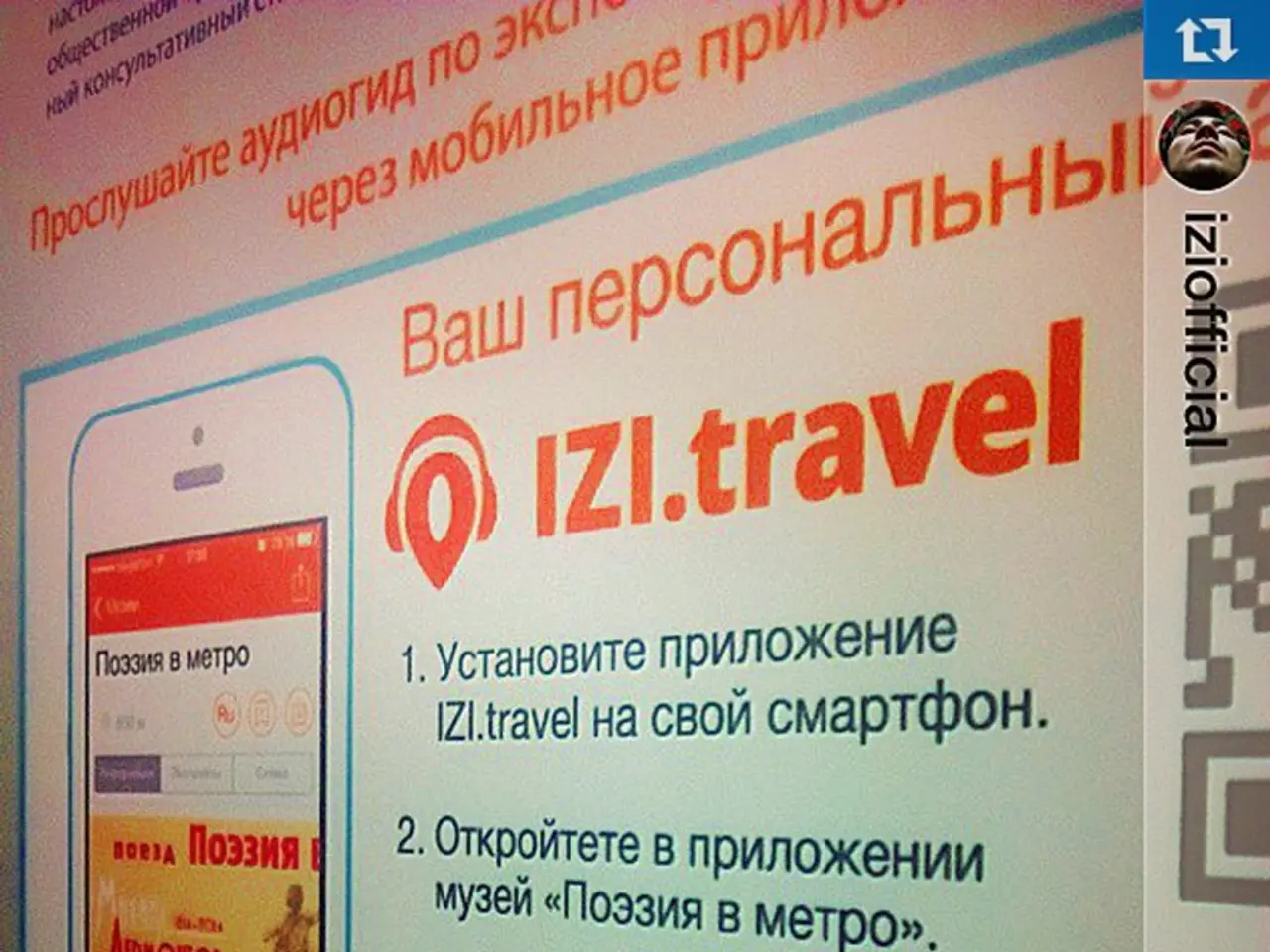Questioning the established: A call for skepticism and critical thinking
In the fast-paced and self-promotion-rewarding industries of media, PR, marketing, and advertising, imposter syndrome can be a significant challenge. This phenomenon, where individuals doubt their abilities, achievements, or successes, affects a staggering 60% of professionals monthly or more frequently, and 33% once or more per week, according to recent studies.
The consequences of suppressing self-doubt in the workplace can be far-reaching. Operational teams and top management may hold back, rising talents may avoid risks and remain silent in meetings, and the loudest, not necessarily the best, may be heard. A productive way to handle self-doubt is needed, and a work culture that provides space for it can help in managing self-doubt productively.
Fortunately, there are effective strategies for addressing and managing imposter syndrome in these industries. Here are eight strategies that can help:
- Acknowledge and Document Achievements: Keeping a record of your successes—from projects completed to recognition received—can help ground your self-perception in reality and counteract feelings of fraudulence. Reflecting on these accomplishments reminds you that your success is due to your skills and effort, not luck.
- Seek Regular Feedback: Actively solicit constructive feedback from supervisors and peers. This provides clarity on your strengths and areas for growth, which boosts confidence and reduces uncertainty about your performance.
- Reframe Negative Thoughts and Embrace Failure as Growth: Challenge self-critical or perfectionist thinking by viewing setbacks as learning opportunities instead of evidence of incompetence. Adopt a growth mindset that values progress over perfection.
- Practice Self-Compassion and Mindfulness: Use mindfulness exercises and positive affirmations to be kinder to yourself during moments of self-doubt. This practice builds resilience and helps break cycles of negative self-talk typical of imposter syndrome.
- Set Realistic, Achievable Goals: Break large objectives into smaller, manageable tasks. Achieving incremental goals builds confidence and reduces feelings of overwhelm and inadequacy.
- Build Support Networks and Share Vulnerabilities: Engaging with mentors, colleagues, or peer groups creates a sense of community and shared experience. Openly discussing imposter feelings can reduce isolation and stigma, creating a more supportive workplace culture.
- Continuous Learning and Skill Development: Investing in relevant courses or certifications increases competence and self-assurance, reinforcing your value within fast-evolving fields like media and marketing.
- Rethink Success and Manage Perfectionism: Redefine success as continual learning and risk-taking rather than flawlessness. This shift in perspective diminishes paralyzing fears of failure and helps you own your contributions with confidence.
By implementing these strategies, professionals in the media, PR, marketing, and advertising industries can create an environment where feedback is normalized, self-compassion is encouraged, and achievements are recognized. This, in turn, can effectively mitigate imposter syndrome and promote professional growth.
It's essential to remember that excellence does not contradict doubt; instead, it has the potential to drive personal growth. By acknowledging and addressing imposter syndrome, professionals can position themselves for success, not just position others. The study "PR and Communication in Germany 2025" found that 18% of respondents said that Imposter Syndrome helps them to continue developing, underscoring the importance of addressing this issue.
[1] International Journal of Behavioral Science [2] Journal of Applied Psychology [3] Harvard Business Review [4] Forbes
In a world where self-promotion is key, it's important to remember that it's okay to doubt oneself. By acknowledging and addressing imposter syndrome, professionals can create a more supportive work environment, foster personal growth, and ultimately, succeed in their careers.
- The strategies for addressing imposter syndrome in workplaces like media, PR, marketing, and advertising, such as documenting achievements, seeking regular feedback, and reframing negative thoughts, are crucial for promoting mental health and overall health-and-wellness.
- In an industry where self-promotion is prevalent, it's essential to prioritize science-backed solutions like these strategies to manage self-doubt effectively, as they can have a profound impact on individual mental health and the overall health-and-wellness of the organization.




